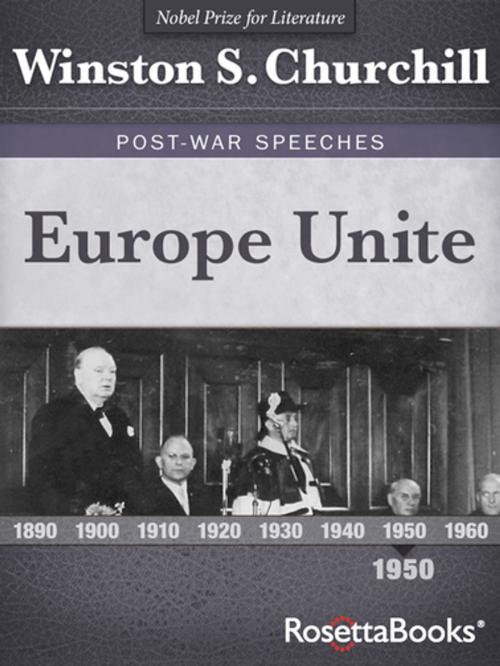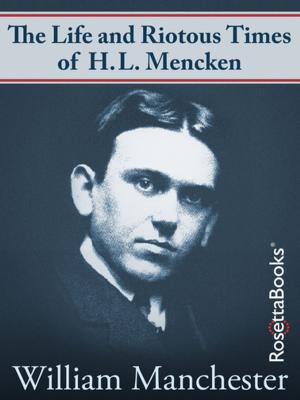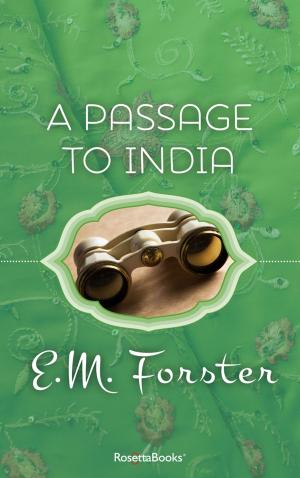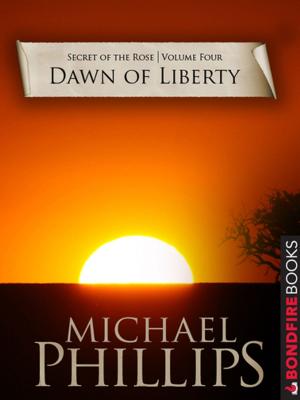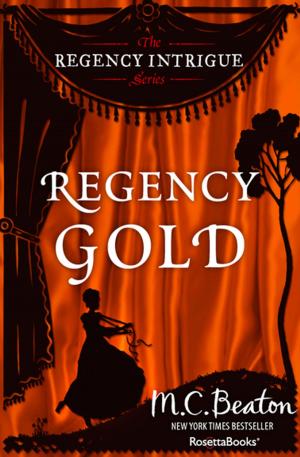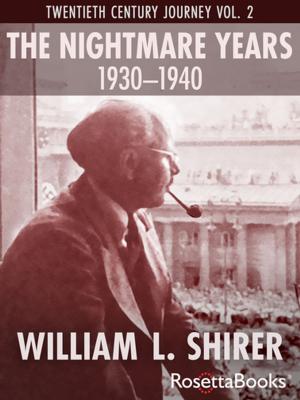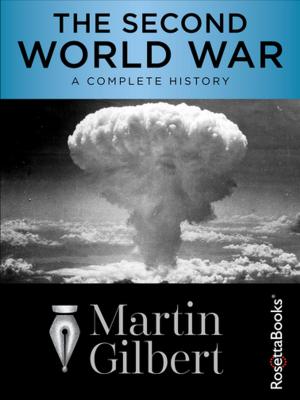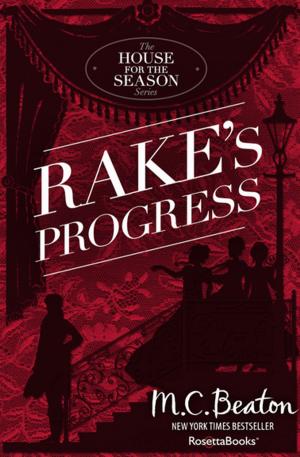| Author: | Winston S. Churchill | ISBN: | 9780795329586 |
| Publisher: | RosettaBooks | Publication: | February 11, 2014 |
| Imprint: | RosettaBooks | Language: | English |
| Author: | Winston S. Churchill |
| ISBN: | 9780795329586 |
| Publisher: | RosettaBooks |
| Publication: | February 11, 2014 |
| Imprint: | RosettaBooks |
| Language: | English |
The second volume in this collection of the prime minister’s oratory contains the post-war speeches that stoked patriotic fire in the waning days of Empire.
Legendary politician and military strategist Sir Winston Churchill was a master not only of the battlefield, but of the page and the podium. Over the course of forty books and countless speeches, broadcasts, news items and more, he addressed a country at war and at peace, thrilling with victory but uneasy with its shifting role on the global stage. In 1953, he was awarded the Nobel Prize for Literature for “his mastery of historical and biographical description as well as for brilliant oratory in defending exalted human values.” During his lifetime, he enthralled readers and brought crowds roaring to their feet; in the years since his death, his masterful writing has inspired generations of eager history buffs.
From 1945 to 1951, Churchill held fast to the political influence he had gained during World War II, serving as leader of the Opposition—the minority party in the English government. While some saw this new position as a demotion for a once-great political leader, he embraced the moment with all his might, addressing a nation triumphant in victory but increasingly aware that its long history of Imperial domination was coming to an end. Even at this moment of relative calm in his career, Churchill’s rousing oratory still shines with brilliance and wit.
The second volume in this collection of the prime minister’s oratory contains the post-war speeches that stoked patriotic fire in the waning days of Empire.
Legendary politician and military strategist Sir Winston Churchill was a master not only of the battlefield, but of the page and the podium. Over the course of forty books and countless speeches, broadcasts, news items and more, he addressed a country at war and at peace, thrilling with victory but uneasy with its shifting role on the global stage. In 1953, he was awarded the Nobel Prize for Literature for “his mastery of historical and biographical description as well as for brilliant oratory in defending exalted human values.” During his lifetime, he enthralled readers and brought crowds roaring to their feet; in the years since his death, his masterful writing has inspired generations of eager history buffs.
From 1945 to 1951, Churchill held fast to the political influence he had gained during World War II, serving as leader of the Opposition—the minority party in the English government. While some saw this new position as a demotion for a once-great political leader, he embraced the moment with all his might, addressing a nation triumphant in victory but increasingly aware that its long history of Imperial domination was coming to an end. Even at this moment of relative calm in his career, Churchill’s rousing oratory still shines with brilliance and wit.
